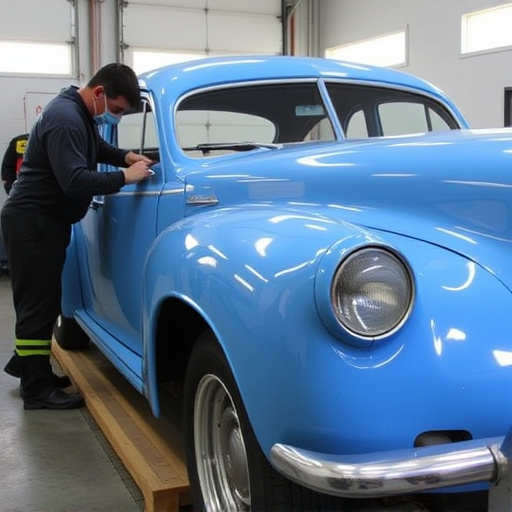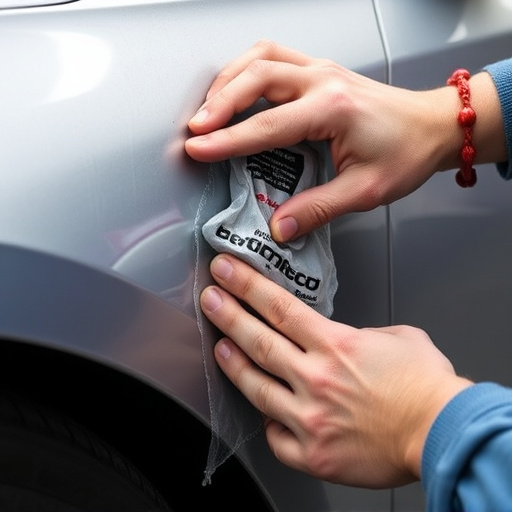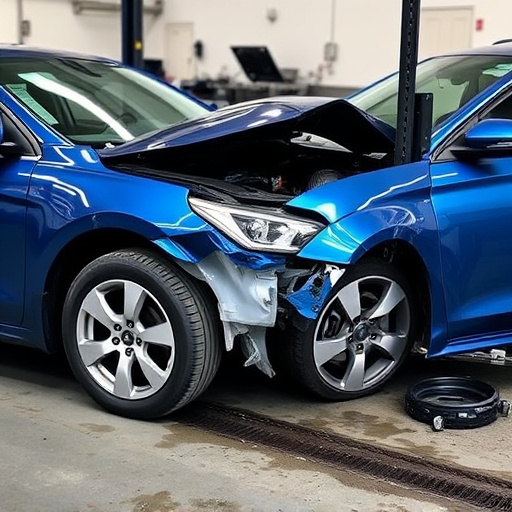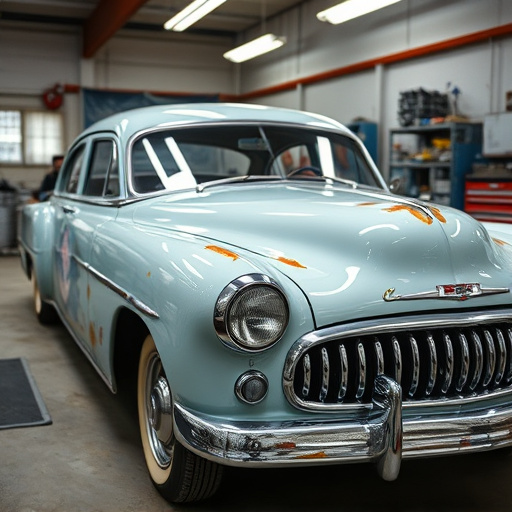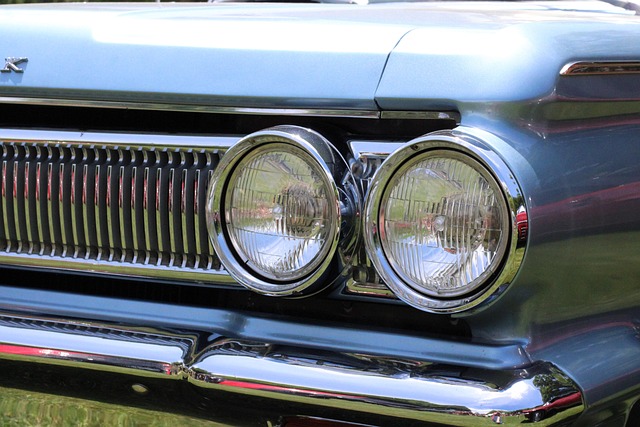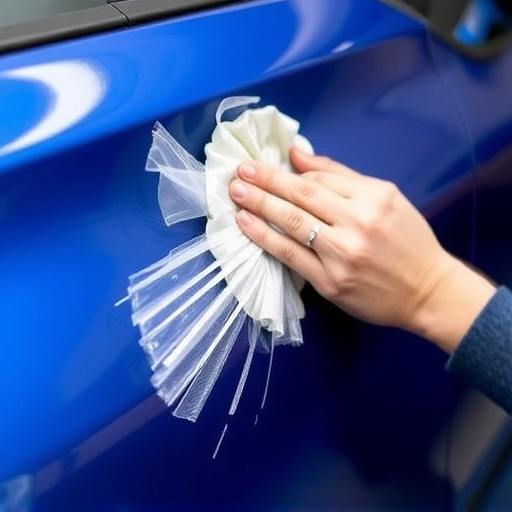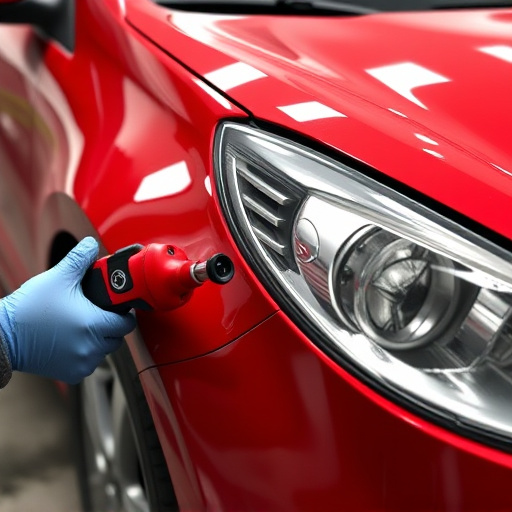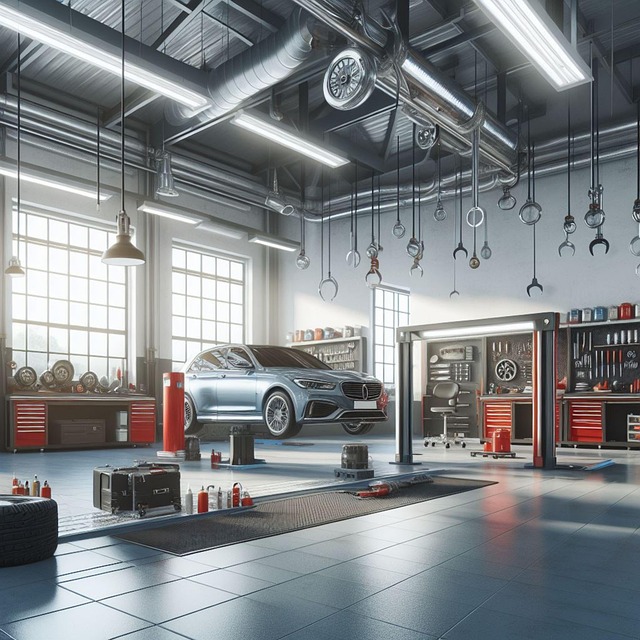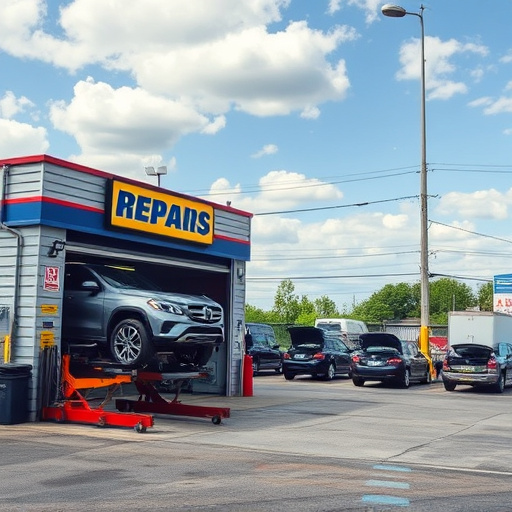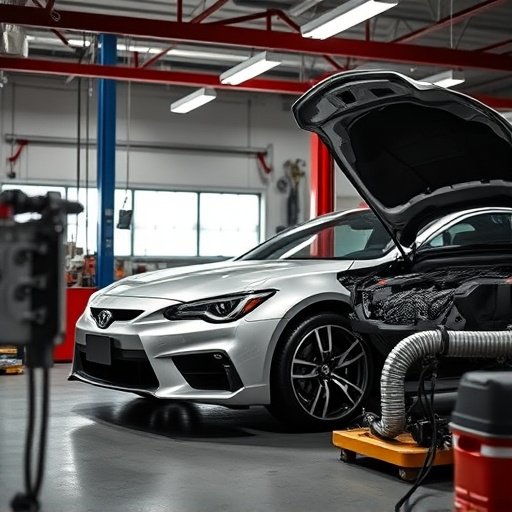Post-collision, damaged electrical systems can affect a vehicle's AC performance. Identifying issues early is crucial with signs like unusual noises, inefficient cooling, or burning smells. Luxury vehicles may require specialized repairs for both aesthetics and intricate systems. Regular maintenance, including dent repair, prevents AC leaks, compressor damage, and costly repairs, especially for classic cars.
After a car collision, beyond visible damage, hidden electrical system harm can persist. This article unravels the intricate link between electrical failures and AC repairs post-collisions. We’ll explore common signs of electrical system damage, shedding light on potential AC issues. Furthermore, we emphasize the pivotal role of regular maintenance in preventing post-collision AC repair needs, offering vital tips for car owners to stay ahead.
- Understanding Electrical System Damage After Collisions
- Identifying AC Repair Needs: Signs and Symptoms
- The Role of Proper Maintenance in Preventing AC Issues Post-Collision
Understanding Electrical System Damage After Collisions
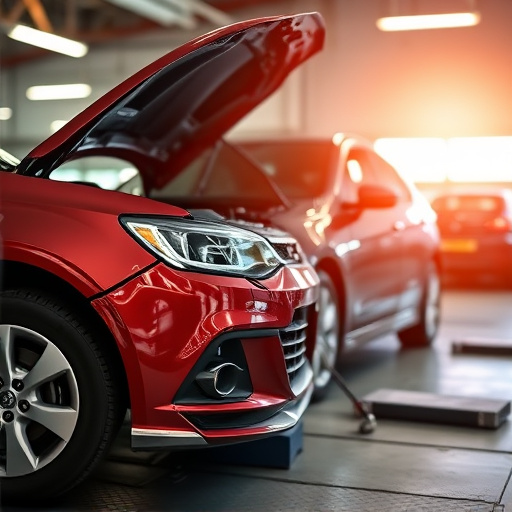
After a collision, the electrical system within a vehicle can suffer damage just like any other component. This is especially true for modern cars, where advanced systems are heavily integrated into daily driving. Electrical issues following a crash may not be immediately apparent, as they can range from subtle malfunctions to complete system failures. Even minor fender benders can trigger problems with sensors, wiring harnesses, or control modules that require professional attention, often involving AC repair after collision.
For luxury vehicle owners, the aftermath of a collision may highlight the importance of specialized repairs, such as paintless dent repair and meticulous fender repair, to preserve not only the exterior but also the intricate electrical networks that contribute to the overall functionality and safety of the vehicle. Proper diagnosis and timely AC repair after collision are crucial steps in ensuring these systems continue to operate efficiently, minimizing disruption to drivers’ daily routines.
Identifying AC Repair Needs: Signs and Symptoms

After a collision, identifying potential AC repair needs is crucial for ensuring your vehicle’s comfort and safety. The impact can cause hidden damage to the intricate electrical systems that control your air conditioning, leading to malfunctions or reduced performance. Some signs indicating AC repair after collision are unusual noises coming from the unit, like hissing or clicking sounds, followed by a lack of cooling or inefficient cooling despite proper functionality of other climate control features.
Additionally, if you notice strange smells, such as burning rubber or electrical fumes, especially when the air conditioner is turned on, it could be an early warning sign of internal damage. Other symptoms include the AC blowing warm air instead of cold or a decline in overall interior ventilation. For luxury vehicles like Mercedes Benz, vehicle paint repair might be necessary alongside AC repair to restore the car’s aesthetic and value, as collisions can chip or dent the exterior, affecting not just the performance but also the vehicle’s marketability if not addressed promptly through comprehensive vehicle repair services.
The Role of Proper Maintenance in Preventing AC Issues Post-Collision
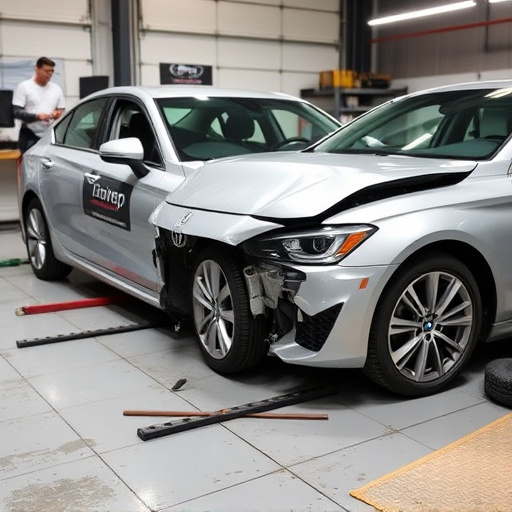
Proper maintenance plays a pivotal role in safeguarding your air conditioning (AC) system from potential issues that may arise after a collision. Regular servicing and inspections are essential to ensure the AC unit’s optimal performance and longevity, especially considering the significant strain it often endures during and after accidents. A well-maintained AC system is less likely to experience problems like refrigerant leaks, compressor damage, or malfunctioning thermostats—all common consequences of car collisions.
By implementing a proactive maintenance routine, including routine checks and timely repairs, vehicle owners can prevent more serious and costly AC repairs. This is particularly important for classic car restoration projects, where the intricate nature of vintage AC systems demands meticulous care to preserve their functionality. Moreover, regular dent repair—be it for minor vehicle dents or extensive car dent repair—should accompany maintenance checks, as even seemingly insignificant damage can compromise the structural integrity of essential components, leading to future AC malfunctions.
In light of the above, it’s clear that electrical system damage is a significant factor in AC repair needs after a collision. By understanding these potential issues and their causes, vehicle owners can take proactive steps to maintain their air conditioning systems. Regular maintenance and prompt attention to signs of trouble can prevent more serious—and costly—AC repairs down the road. Remember, in the event of a collision, don’t overlook the possibility of hidden electrical damage; it could be a game-changer in ensuring your vehicle’s comfort and efficiency for years to come, especially during those bustling summer months.

